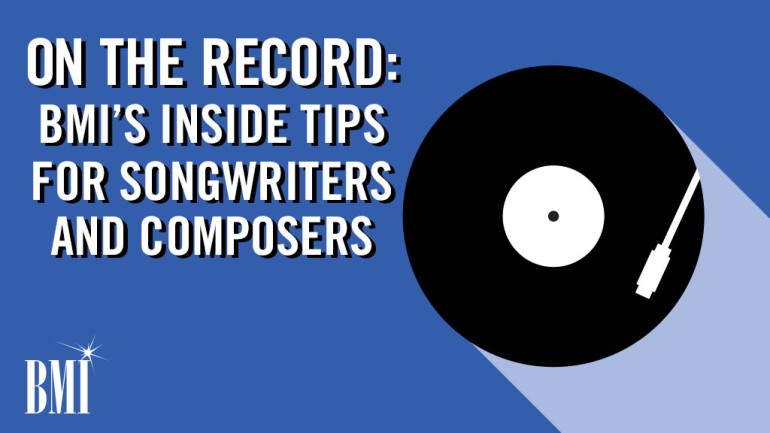How Do Composers Develop Their Own Voice?

In honor of Classical Music Month, The Weekly tapped into Deirdre Chadwick, who leads BMI’s Classical team, for her thoughts on how composers develop their own voice. Here’s what she said:
Deirdre Chadwick, Creative, New York:
I think if you posed the question to 100 composers, you could easily get 100 answers – or a few blank stares! Even a person’s earliest musical experiences, from learning a musical instrument to listening to songs on the radio to watching Sesame Street, can shape their perception and tastes. Obviously, the teachers and mentors a composer encounters during their student years can have a huge effect on that development, but most student composers will agree that the best music teachers will try to figure out what the student is trying to say, and then help them be more effective at saying it. In fact, established composers tend to be very careful of over-prescribing to their students out of respect for this cardinal process of finding or developing one’s voice.
Composers spend a lot of time studying the scores of works they admire, from antiquity up to last week’s première; each may notice and respond to different elements of a masterwork, but most composers share an appetite for trying to figure out “how did they do that?”.
Beyond their teachers and focused musical study, composers are among the most thoroughly self-educated musicians there are, often falling into one or more of these groups: omnivorous readers of fiction, non-fiction, and philosophy; lovers of visual art; film buffs; lovers of nature and the outdoors; and world travelers. I believe that all curiosity and meaning-seeking complements the years of rigorous study and practice they pursue, contributing to their connection to themselves, and to the ongoing development of their musical voice.
Check back next month for more tips from BMI’s Creative Team right here in The Weekly!






Community
Connect with BMI & Professional Songwriters